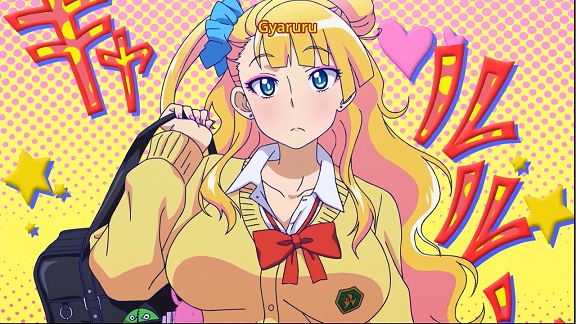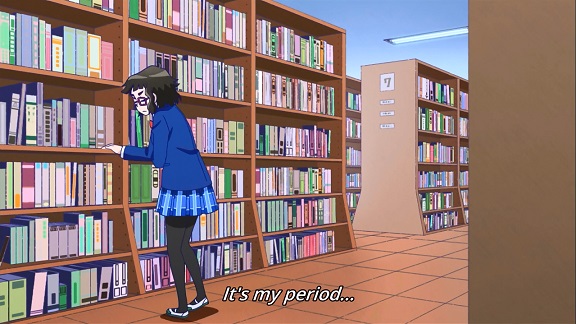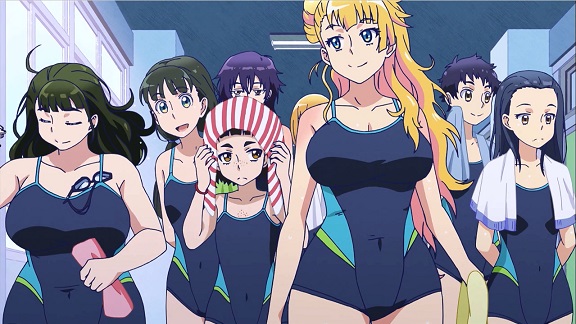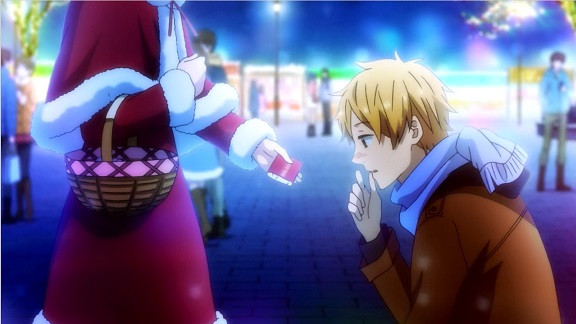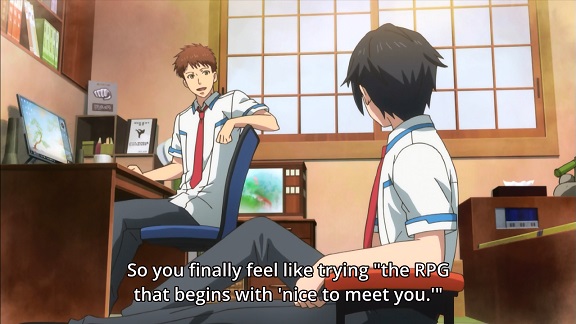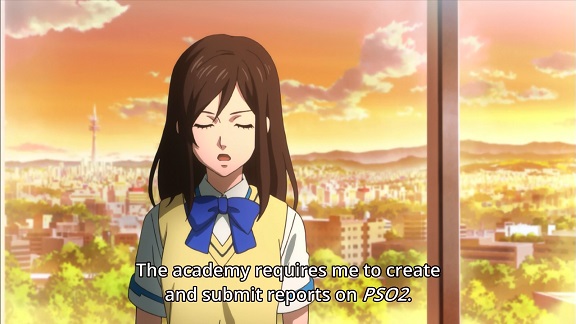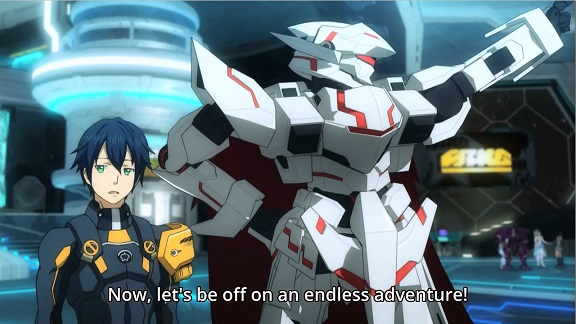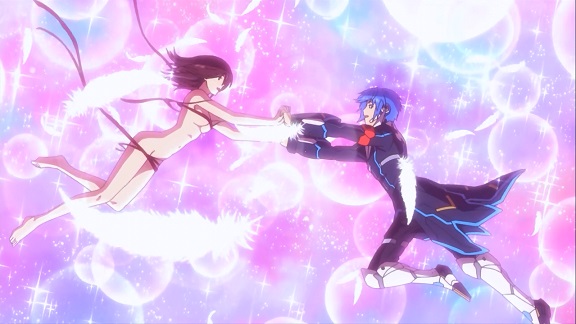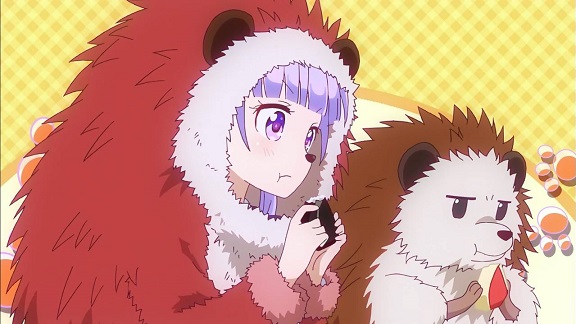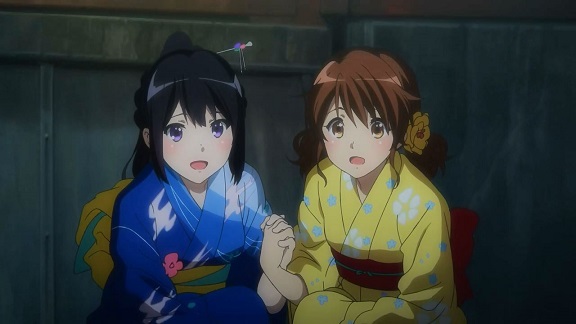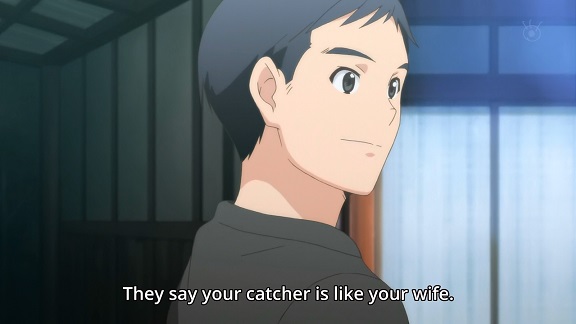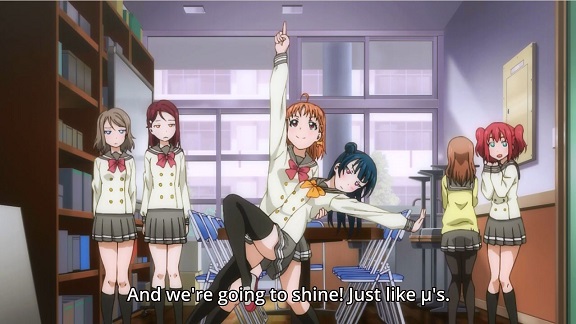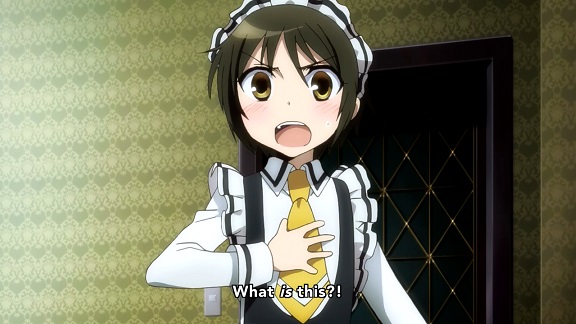
Airing in the same season as the series about the guy who adopts a wild boy from the forests of Canada and brings him over to Japan to groom him as his lover, you may be forgiven to think that Shonen Maid, about an elementary school boy who after his mother’s death gets taken in by his uncle to be his live-in housemaid, is more of the same. I certainly thought so and if not for a chance comment would never have bothered watching it. And then I would’ve missed a surprisingly thoughtful show about grief, family and memories among the light hearted comedy.
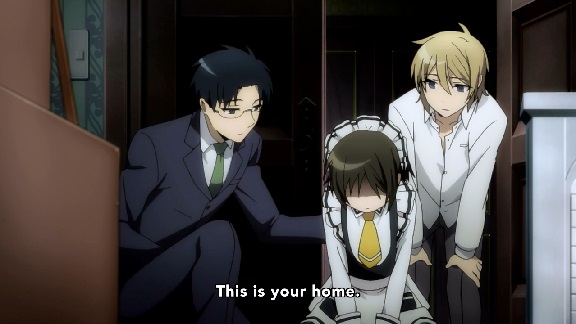
So yeah, because anime Japan doesn’t have social services, Chihiro is taken in by his uncle Madoka after his mother dies, much to his surprise as she had never told him he had any relatives. Madoka is a fashion designer and a bit of an airhead, but luckily has his private secretary Keiichiro is there to keep him out of trouble. Chihiro learning to live with his uncle and his uncle with him is the engine of the series. Whereas Madoka is somewhat lazy, flighty and not very responsible (he keeps bringing stray cats home despite being deadly allergic to them), Chihiro is way too serious and responsible for his age and really into cleaning. And, loath as he is to accept charity from a family he didn’t know about until, well, the day his uncle came to pick him up, the solution his uncle comes up with is actually rather clever: let him clean his pigsty of a house in return for being taken care of.
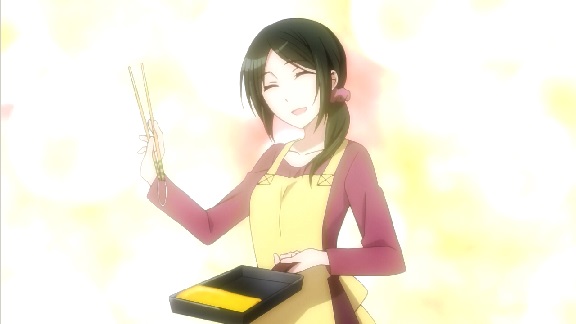
Together Chihiro and Madoka have to build a new family together and what binds them are the memories of Chiyo Komiya: Chihiro’s mother, Madoka’s sister. That’s the red thread that runs through all the light comedic mishaps. It gives Shounen Maid a light melancholic undertone whenever either of them is reminded of her. Apart from sharing memories & grief, Chiyo is also important in that she drives the overall plot (such as it is), first of course by dying, but also by having Chihiro slowly learn about and understand the reasons behind her estrangement from her family. The exact details, other than that she married and got a child with a man her father didn’t approve of, are never made clear, we just get a general impression. Her father interestingly is never shown in the series, just Chiyo’s mother/Chihiro’s grandmother who clearly feels regret, though again it’s never explicitly stated as such.
Of course most of Shounen Maid is still a fairly standard slice of life comedy, decent but not something that sticks in the memory if not for that infusion of melancholy. Because of that, it was one of my favourite series of Spring 2016, one I’d watch first on the day it came out.
This was day four of the Twelve Days of Anime Next: Aggressive Retsuko.
